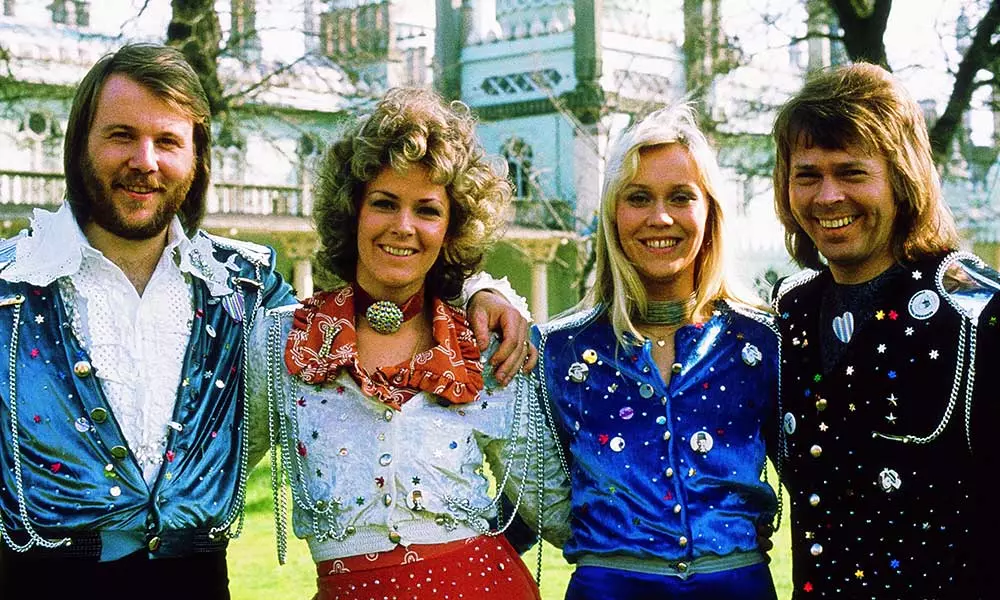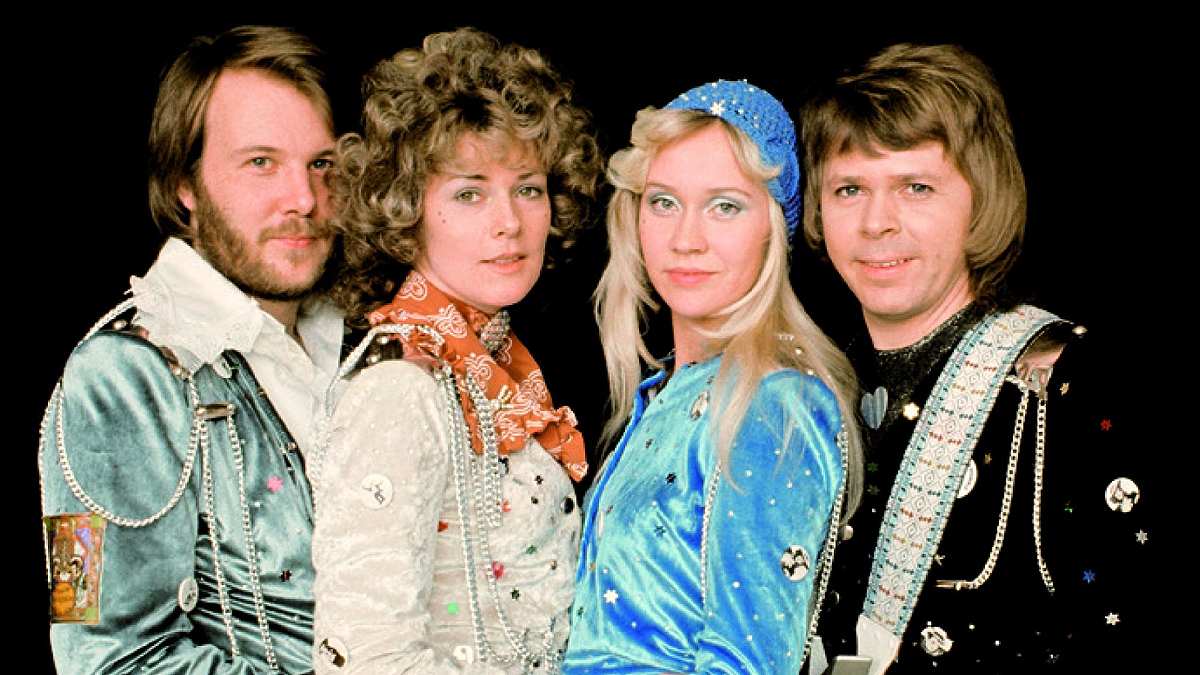“Waterloo” – ABBA

“Waterloo” by ABBA, released in 1974, is a landmark in pop music history. The song was ABBA’s winning entry in the Eurovision Song Contest of the same year, propelling them to international fame. Written by Benny Andersson, Björn Ulvaeus, and Stig Anderson, “Waterloo” is a vibrant, catchy tune that showcases the band’s talent for crafting irresistible pop melodies and harmonies.
The song opens with a powerful piano riff, immediately setting an upbeat and energetic tone. This introduction is soon joined by a driving beat and rhythmic guitar, creating a dynamic and infectious groove. The production is polished and full, characteristic of ABBA’s meticulous approach to their music.

Agnetha Fältskog and Anni-Frid Lyngstad’s vocals are a standout feature of “Waterloo.” Their harmonies are tight and flawless, blending seamlessly to deliver the song’s catchy melody. Their vocal performance is confident and spirited, perfectly matching the song’s lively and celebratory mood.
Lyrically, “Waterloo” uses the metaphor of Napoleon’s defeat at the Battle of Waterloo to describe a romantic surrender. The protagonist compares their willingness to fall in love to Napoleon’s historic capitulation. This clever and imaginative use of historical reference adds depth and charm to the song’s narrative. The chorus, with its memorable lines “Waterloo – I was defeated, you won the war,” captures the essence of joyous surrender to love.

The verses further develop this theme, describing the protagonist’s initial resistance and eventual acceptance of their feelings. Lines like “My, my – at Waterloo, Napoleon did surrender / Oh yeah – and I have met my destiny in quite a similar way” draw a parallel between the historical event and the personal experience of falling in love. The lyrics strike a balance between playfulness and sincerity, making the song both relatable and entertaining.
Musically, “Waterloo” is a masterclass in pop composition. The instrumental arrangement is rich and varied, featuring prominent piano, guitar, bass, and drums, along with subtle orchestral flourishes. The song’s upbeat tempo and infectious rhythm create a sense of excitement and celebration, inviting listeners to dance along. The production is crisp and clear, with each instrument and vocal part given space to shine.

One of the standout elements of “Waterloo” is its chorus, which is instantly memorable and singable. The repetition of the word “Waterloo” and the energetic delivery of the lines make it a perfect sing-along anthem. The song’s structure, with its verses, pre-chorus, and chorus, is expertly crafted to build momentum and keep the listener engaged.
“Waterloo” has enjoyed enduring popularity, not only for its infectious melody and clever lyrics but also for its role in launching ABBA’s international career. The song’s success at the Eurovision Song Contest and its subsequent chart performance established ABBA as a global pop sensation. Its inclusion in various compilations, movies, and stage productions has helped maintain its status as a pop classic.

In conclusion, “Waterloo” by ABBA is a breakthrough pop masterpiece that continues to captivate listeners with its catchy melody, spirited vocals, and clever lyrics. The song’s polished production and engaging arrangement showcase the band’s talent for crafting timeless pop tunes. Whether appreciated for its historical metaphor, its infectious rhythm, or its role in ABBA’s rise to fame, “Waterloo” remains a beloved track that stands the test of time.
Video:











